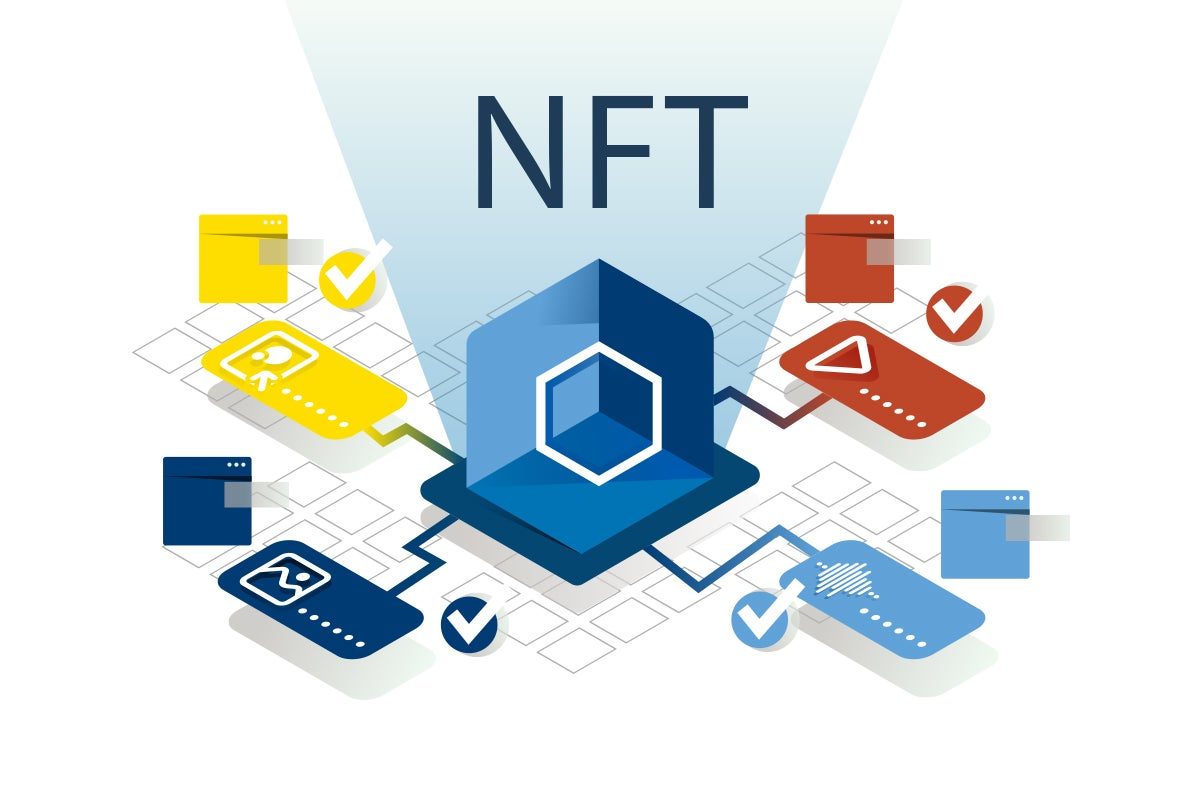Comments
- No comments found

Football is one of the world's most popular sports, and cryptocurrency is a spontaneously spreading phenomenon that is capturing more and more minds.
And, of course, these two spheres could not help but meet. Crypto and the footballing world are getting to know each other. The trend has been particularly active since the summer of 2018, with one club after another announcing the integration of cryptocurrencies to create "club + fan" ecosystems. However, this is far from the only way to integrate cryptocurrency into the world of football. But first things first.
Football clubs around the world (Paris Saint-Germain, West Ham United, Roma, Juventus, Atletico Madrid, and Galatasaray, among others) are working with cryptocurrency platforms to issue their own fan tokens one by one. They will allow fans to make some decisions: for example, choosing the color of the athletes' uniforms. The main mission of such tokens is to bring players and fans closer together and increase fan engagement. In order to get these tokens, you can use one of the platforms that allows you to exchange crypto.
Fan tokens also allow holders to participate in exclusive events, private meetings with players, attend VIP lounges, get discounts on tickets and other bonuses.

The biggest football clubs including Juventus, Manchester City, and Glasgow Rangers – sell digital collectibles widely referred to as NFTs, or non-fungible tokens. These are unique images and videos, akin to digital works of art, with built-in code proving ownership. Most of the NFTs sold by football clubs pay tribute to some of the famous football players from the past and present.
One, millionaire NFT collector Mike Bousis, said he had spent about $40,000 on Manchester City NFTs.
Recently the International Football Federation announced that the cryptocurrency service Crypto.com would be an official sponsor of the World Cup FIFA 2022.
There is one more exciting example of the football-crypto collaboration. Turkish football club Harunusta Spor Kulübü became the first club in the world to close a cryptocurrency transaction to transfer a player from one club to another. Harunusta Spor Kulübü paid 0.0524 in BTC (about $385) and 2,500 Turkish Liras (about $470) for Omar Farouk Kiroğlu. The club and the 22-year-old player clarified that the transfer fee was in liras, and the transaction took place with the help of a mobile wallet.
These cases once again prove that the practice of connecting two popular areas - cryptocurrencies and football - is only growing.

Crypto and football bring together fans in the digital age. Football clubs are desperate for cash and crypto firms are keen to help them. The pandemic has forced football clubs to explore new streams to survive in the long run. New stadiums are being built, many of which feature token holder-only sections.
The cryptocurrency sector has invested heavily in football to improve its image and combat the perception that it is only traded by geeks. It now aims to appeal to a wider audience.
Crypto has changed football both on the field and off the pitch. It is now becoming increasingly difficult to find a major football club without some kind of crypto sponsorship deal in place.
Leave your comments
Post comment as a guest